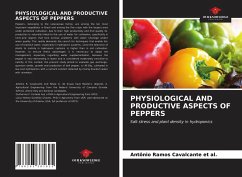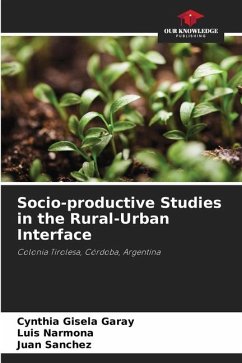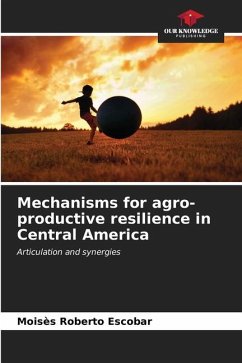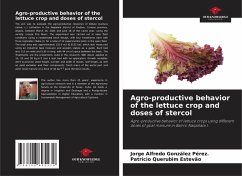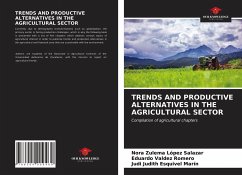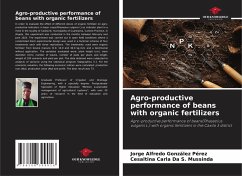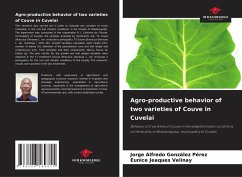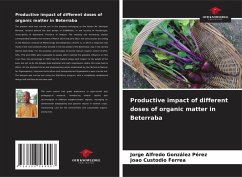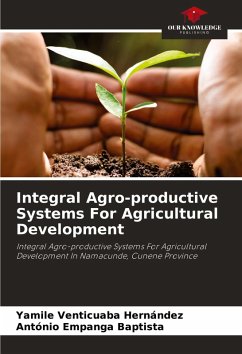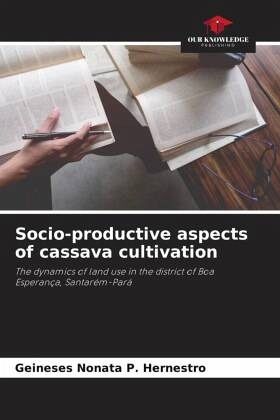
Socio-productive aspects of cassava cultivation
The dynamics of land use in the district of Boa Esperança, Santarém-Pará
Versandkostenfrei!
Versandfertig in 6-10 Tagen
27,99 €
inkl. MwSt.

PAYBACK Punkte
14 °P sammeln!
The study consists of characterising the socioeconomic aspects of cassava production systems in the district of Boa Esperança, located in the municipality of Santarém-Pará. The field research was conducted from May 2016 to March 2017 with farmers who grow cassava. Data were collected through interviews guided by a semi-structured questionnaire with open and closed questions on the socioeconomic aspects of agricultural establishments and on the agricultural practices developed in the cultivation of cassava. The results show that the farmers interviewed have an average age of 44 years, about ...
The study consists of characterising the socioeconomic aspects of cassava production systems in the district of Boa Esperança, located in the municipality of Santarém-Pará. The field research was conducted from May 2016 to March 2017 with farmers who grow cassava. Data were collected through interviews guided by a semi-structured questionnaire with open and closed questions on the socioeconomic aspects of agricultural establishments and on the agricultural practices developed in the cultivation of cassava. The results show that the farmers interviewed have an average age of 44 years, about schooling, 40% of respondents have incomplete primary education, and the family income comes from the sale of agricultural products. The main varieties of cassava grown by the interviewees are Bem-te-vi, Amarelona, Olho-de-boto, Pretinha, Pretona, Piraíba and Boiuna, whose manioc seeds come from the field itself, from exchanges between neighbours and with producers from other communities and from donations made by extension workers and researchers.



